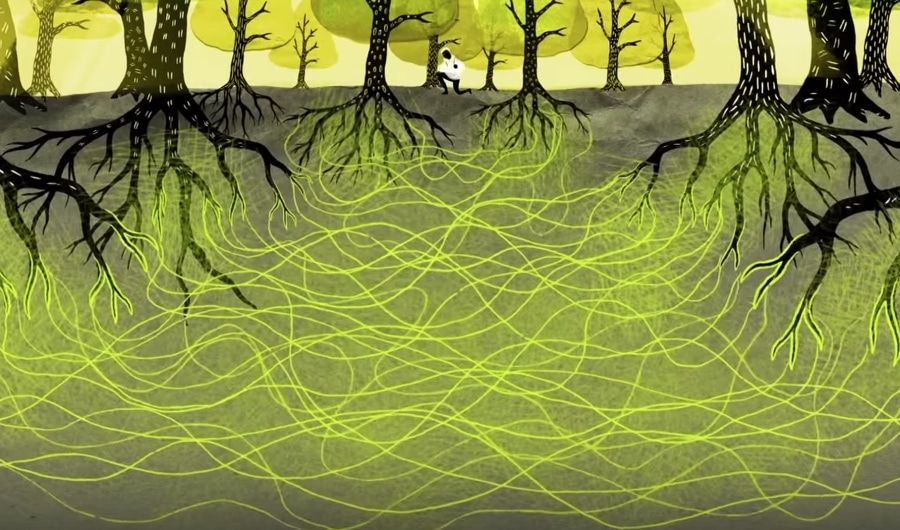- The Friday Mindset
- Posts
- Friday Mindset #97
Friday Mindset #97
Helping students get better at studenting
Friday! Boy, is it good to see you.
Rowdy corridors and noisy classrooms have fallen silent. Now the buses have pulled away, all that remains of our charges is a single football boot abandoned by the lockers, a lost exercise book featuring a gaudy caricature of the Head of Science, and three school ties that have been meticulously and mysteriously coloured-in using pink highlighter. An empty bag of Haribo Tangfastics is skittering across the swiftly-emptying car park.
All of which surely means it’s time for the newsletter. Let’s dive in.
Something to try...
Stanford University’s Screengenie has been interesting us recently. It’s a program to use with students who over-use screens and find concentration and focus difficult. The solutions it generates are interesting and, we’ve found, actionable.
It makes a great focus for a frameworked coaching conversation about levels of focus, attention management and attention span.
Expect a fairly simple experience but one that could well have an impact: students complete a brief questionnaire - we recommend you do it alongside them, even filling out one for yourself as you go - selecting from various options. It takes less than five minutes, and the genie then delivers a series of recommendations with attached articles/guides.
Give it a try:
Something we're reading...
Back in the day we wrote an activity called Network Audits for The GCSE Mindset. It was our attempt to get students to consider the vast network of supporters they had in a typical school or college context, and then to draw on it.
Reading this article over the summer break, we realised we should’ve gone further in urging students to build networks of support. High attitude students do it all the time because recruiting helpers doesn’t threaten their ego - but others need the process to be explored and demonstrated.
It’s the embedded video from the BBC that we think works particularly well in exploring how communities of learners succeed when co-operating more than they do when competing. Worth sharing! Check it out:
And if you want to run the activity alongside, here’s a pdf of Network Audits:
Our latest offer...
A reminder of our special discount (for newsletter readers only) finishes soon! Tony runs student sessions introducing the VESPA model. He’ll visit your school in person or dial-in via Zoom, Teams or Google. His sessions are always lively, engaging and beautifully presented! The details are here (scroll down past the staff sessions):
Tony’s offering 20% off sessions that are booked before the end of September - the date selected can be later in the term of course - just mention the newsletter discount when you fill out your request from and he’ll be in touch!
And that’s it for this week. Take the trash to lost property and hit the road. There’s so much to share after a summer of research and reading, we’re already geeking-out about next week’s stuff. See you back here in seven days…
All the best to you and yours,
Tony, Martin and Steve
p.s. We have a powerpoint where we show students what happened in five key studies in which students were offered cash rewards in return for doing well in exams. The money had no impact on performance. Instead, a certificate did!
And here’s further evidence to support this, from a paper on rewards we’ve been reading. Fascinating stuff:


Reply